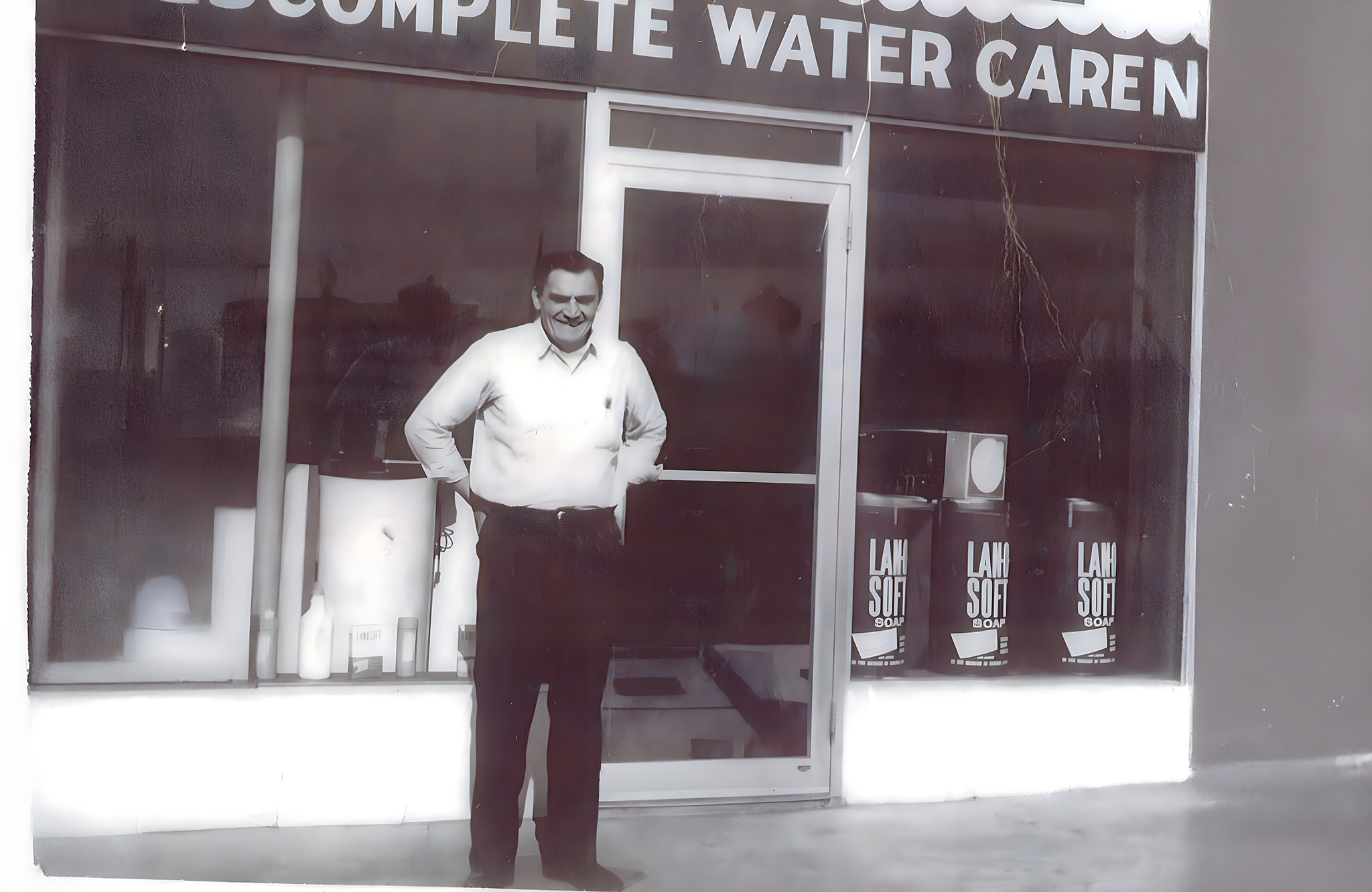
Remembering Wif Finken: A Legacy of Service and Community
January 26, 2026

Scale Deposits Scale deposits are a typical indicator of hard water. Hard water is a common quality of water which contains dissolved compounds of calcium and magnesium and, sometimes, other...
May 12, 2017
The term hard water originally referred to water that made washing difficult, as it prevents soap from lathering properly. This occurs because the minerals in hard water react with soap, forming an insoluble residue. The effects of hard water can be seen in scale buildup on cookware, clogged pipes, and inefficient water heaters.
The primary culprits behind scaling are calcium and magnesium salts, which can create significant problems in household plumbing, laundry, and personal care.
Water hardness is typically measured in grains per gallon (gpg) or parts per million (ppm) of calcium carbonate. According to the American Society of Agricultural Engineers (S-339) and the Water Quality Association (WQA), the hardness levels are classified as follows:
Degree of HardnessGrains per Gallon (gpg)ppm (mg/L)
| Degree of Hardness | Grains per Gallon (gpg) | ppm (mg/L) |
|---|---|---|
| Soft | < 1.0 | < 17.0 |
| Slightly Hard | 1.0 - 3.5 | 17.1 - 60 |
| Moderately Hard | 3.5 - 7.0 | 60 - 120 |
| Hard | 7.0 - 10.5 | 120 - 180 |
| Very Hard | > 10.5 | > 180 |
If you're experiencing any of the following issues, your home may have hard water:
The best way to combat hard water is through water softening solutions. A water softener removes calcium and magnesium from the water, preventing scale buildup and improving water quality for daily use.
Find out what’s in your water today! Contact Finken for a free water test and expert recommendations on improving your water quality.
📍 Finken Headquarters
3423 Co Rd 74, St. Cloud, MN 56301
🌎 Visit our website for more information.

Operations Manager
Chris is a key leader at Finken, running day-to-day operations for top-tier water, HVAC, and plumbing solutions throughout homes and businesses in Minnesota and western Wisconsin. With a commitment to excellence, customer satisfaction, and community-focused service, Chris plays an instrumental role in helping Finken deliver reliable and innovative solutions for water quality, home comfort, and plumbing needs.
Resources
